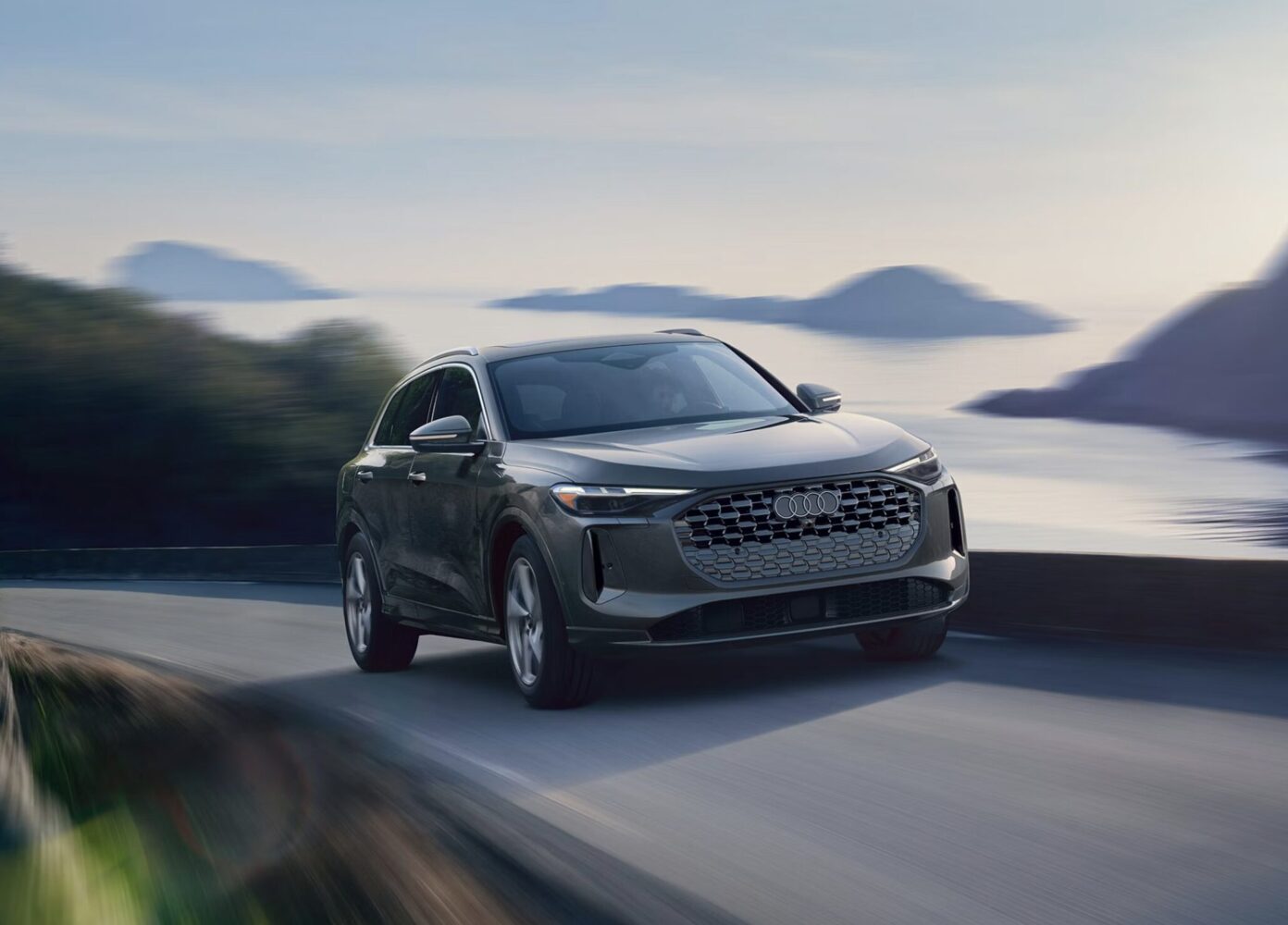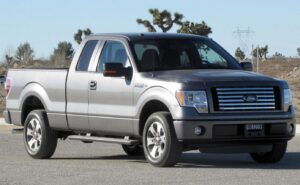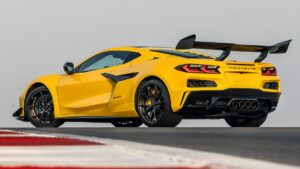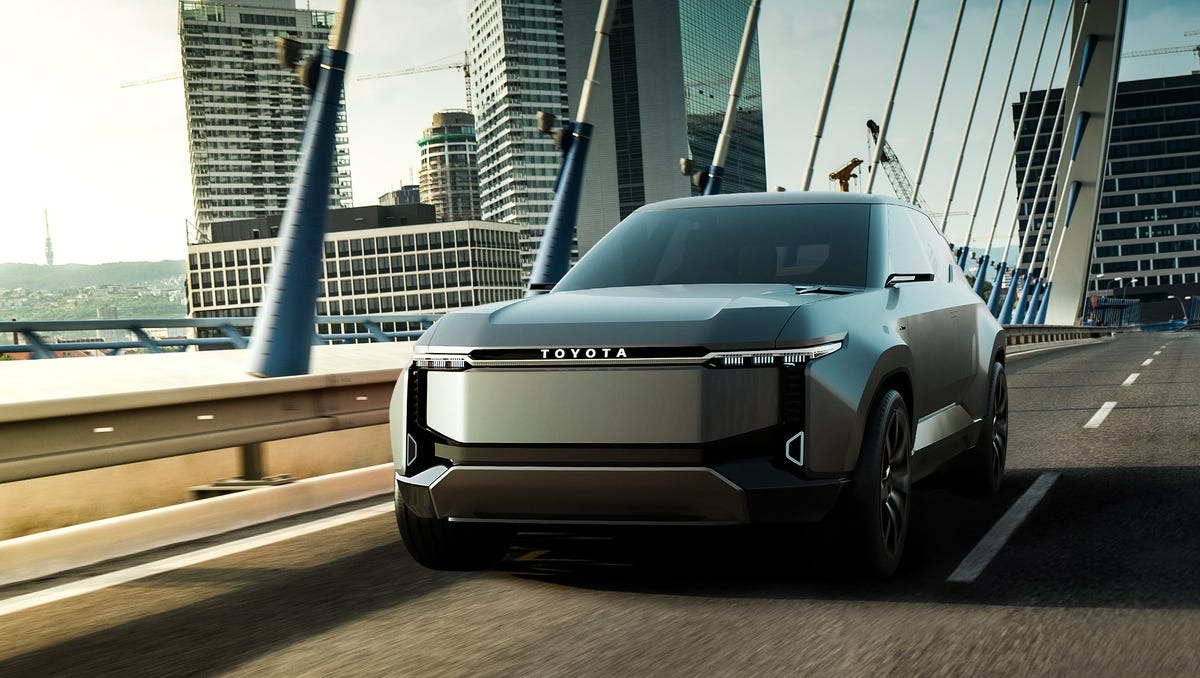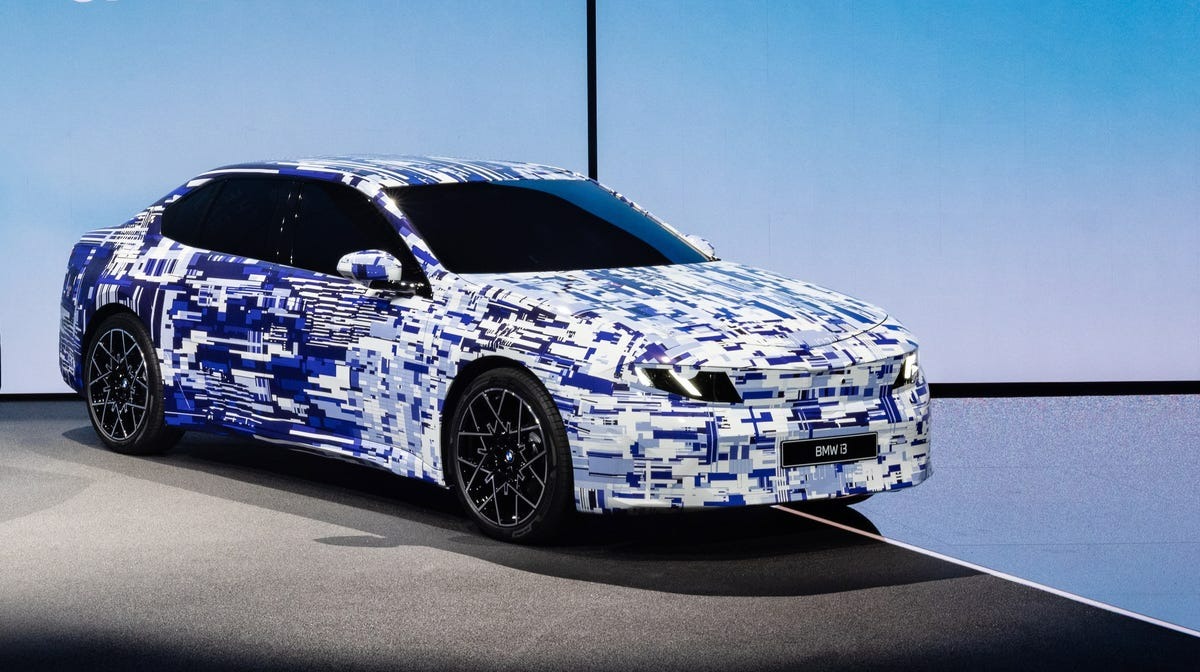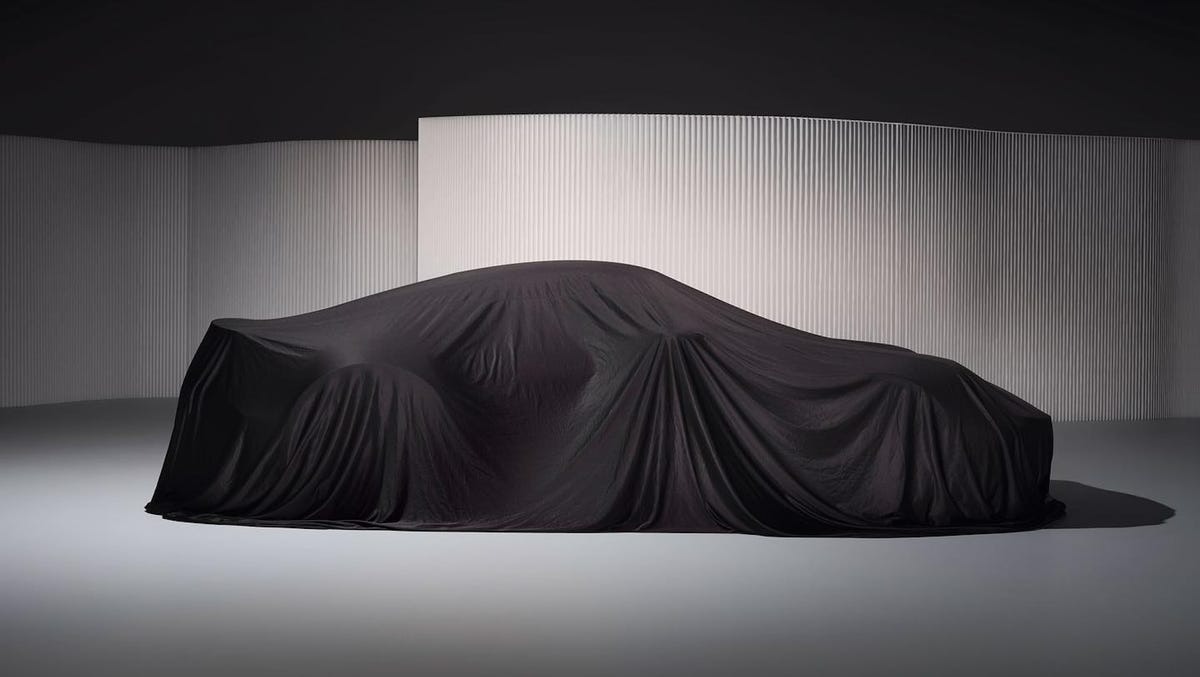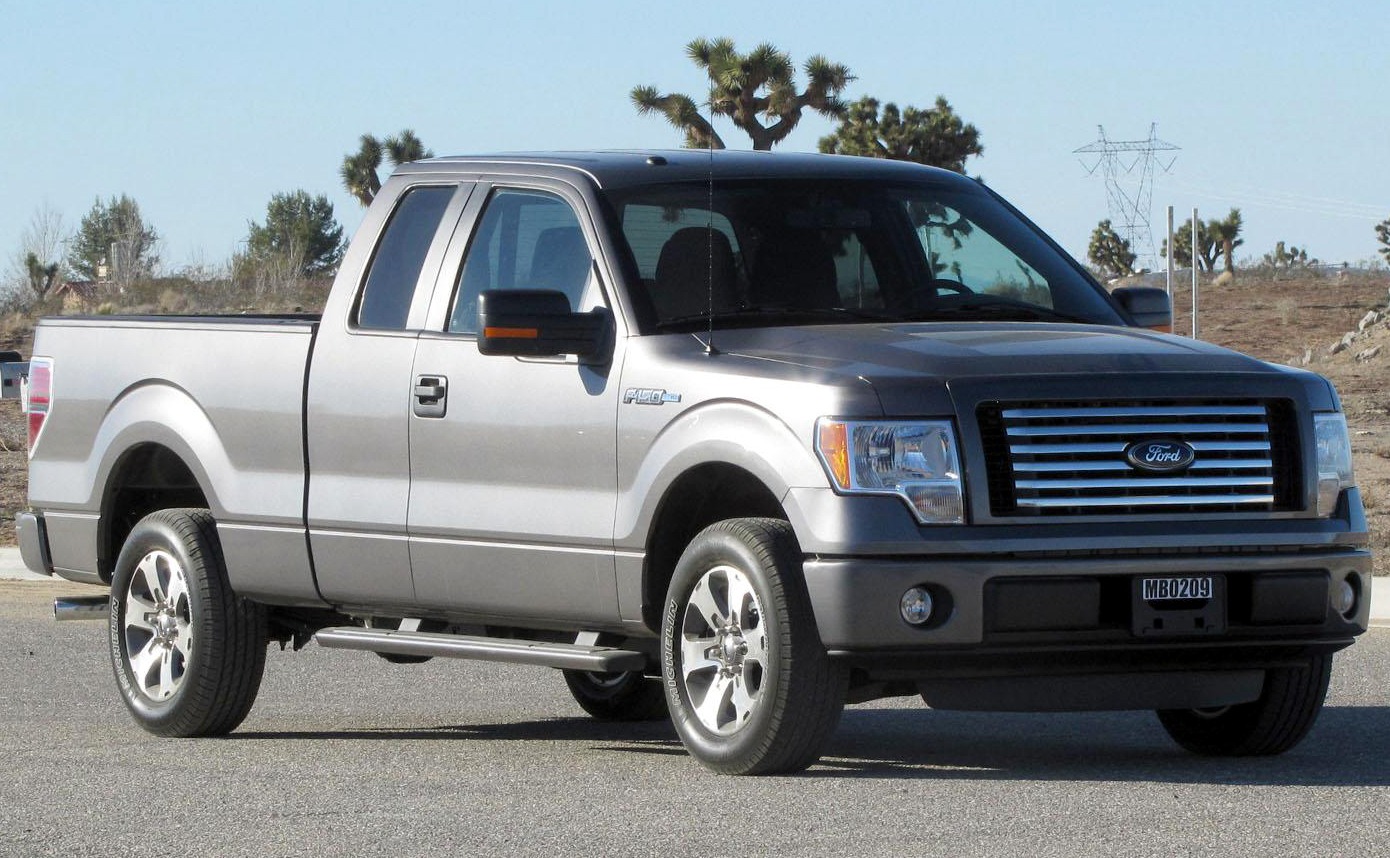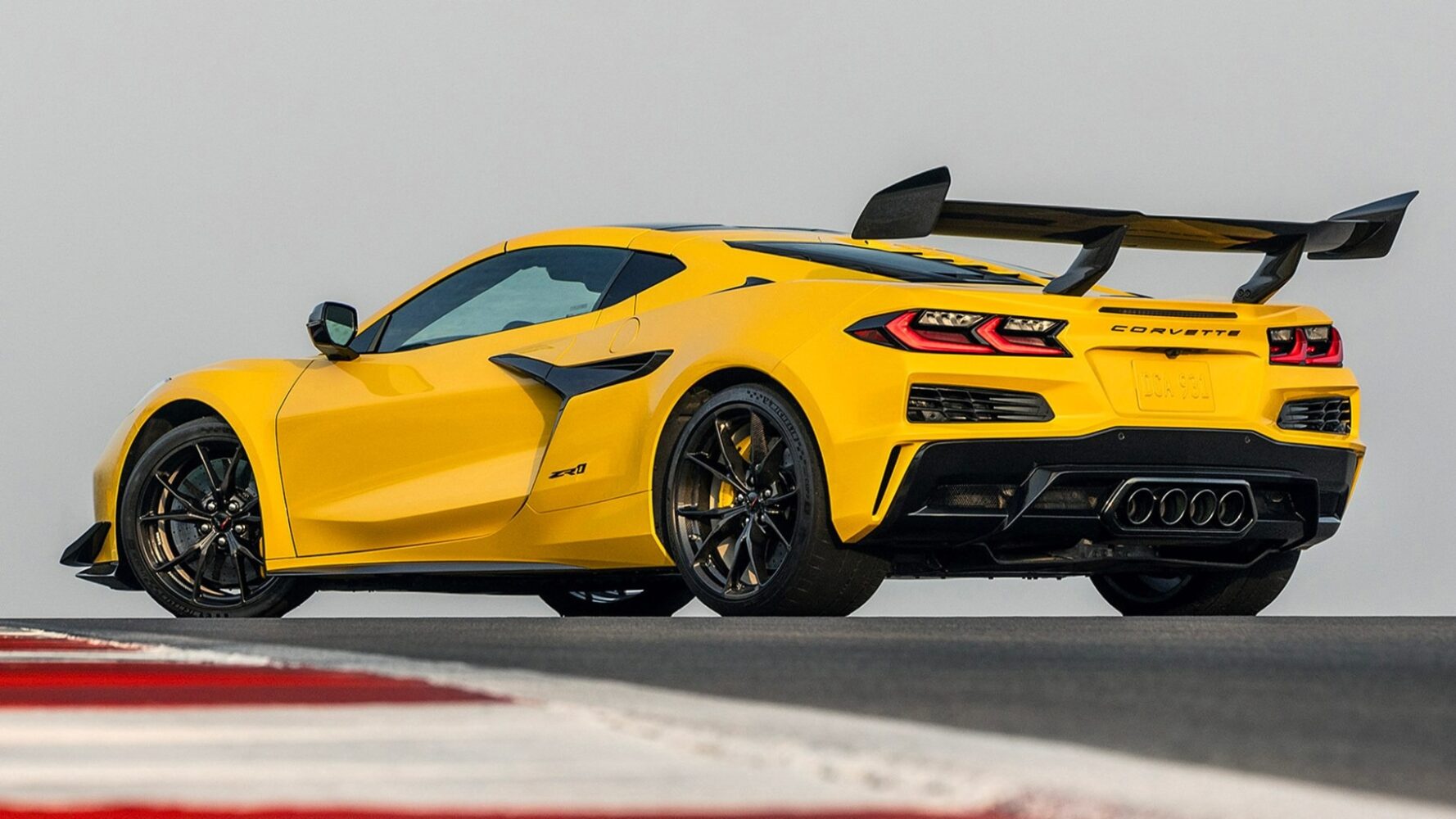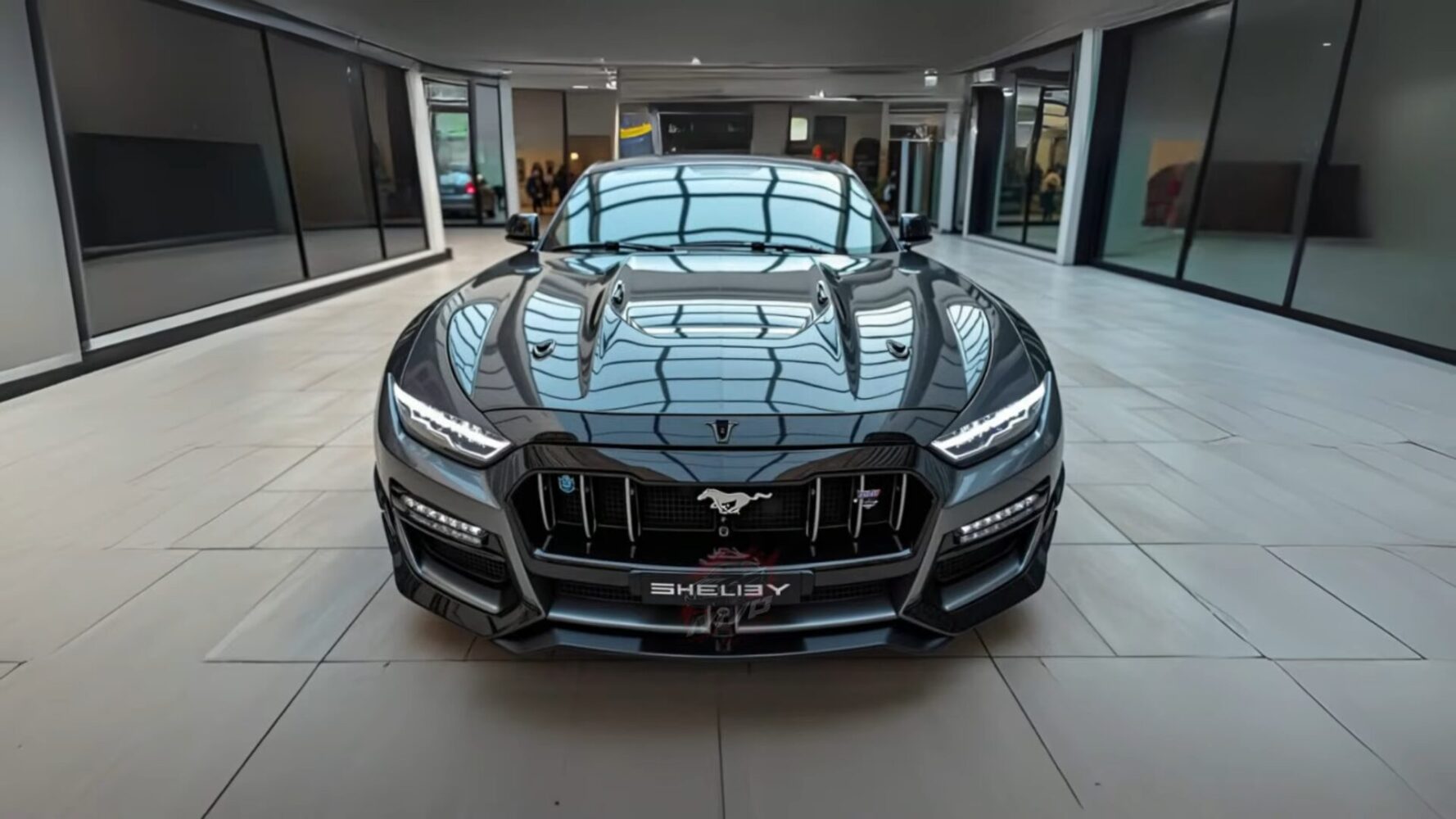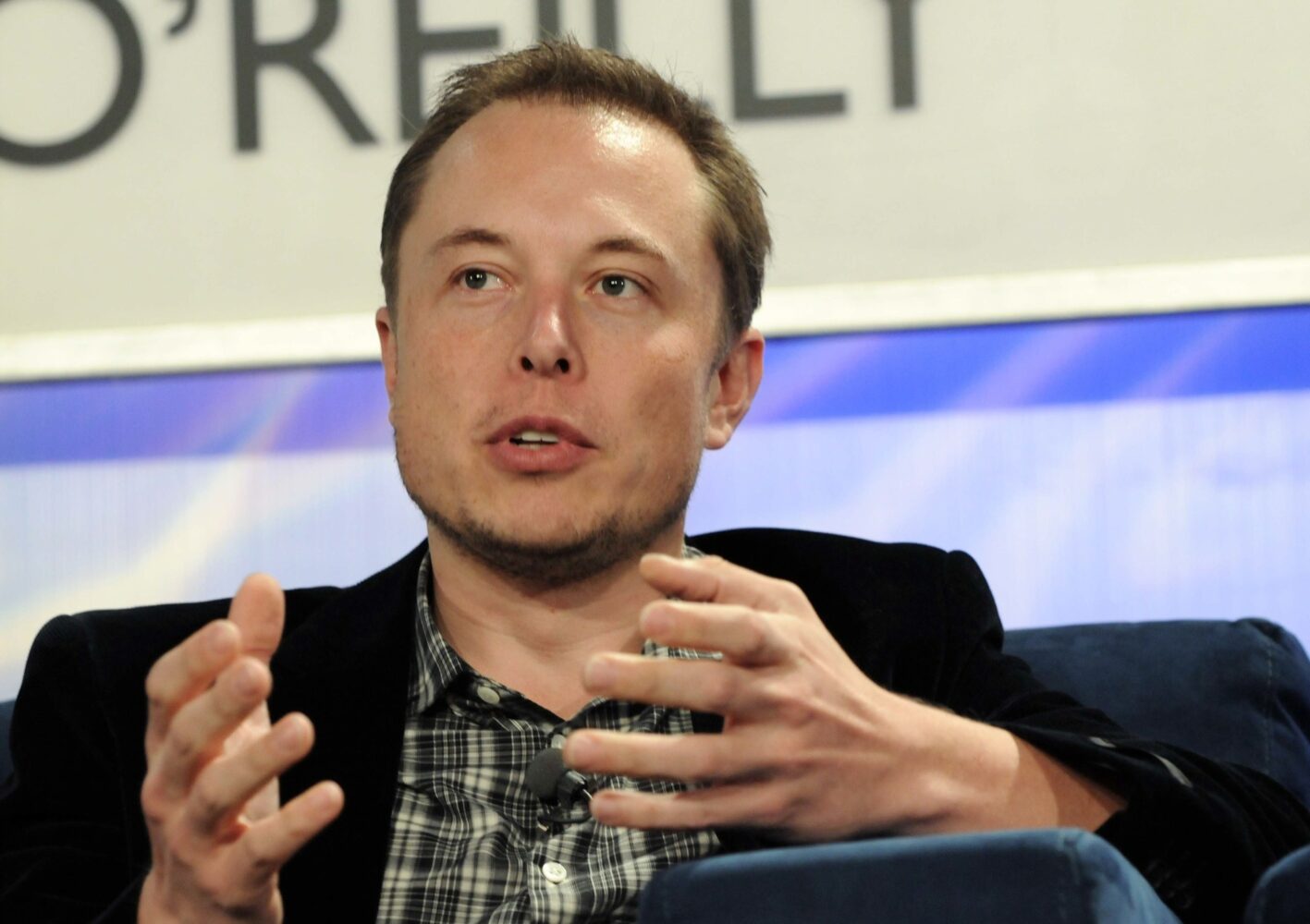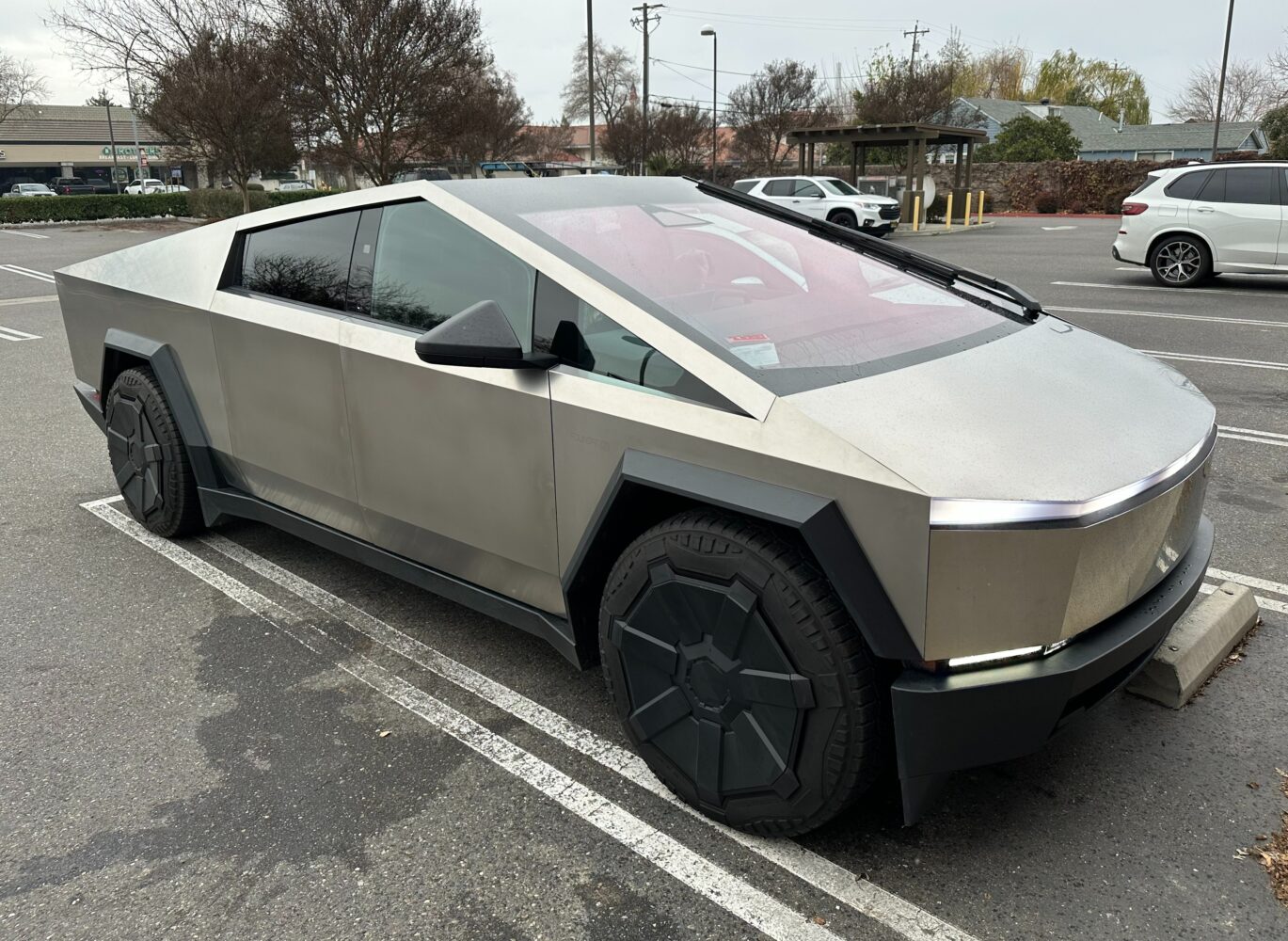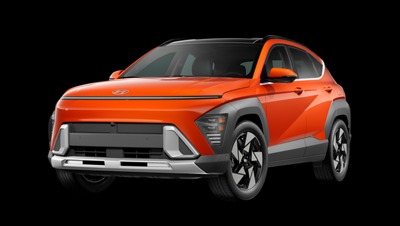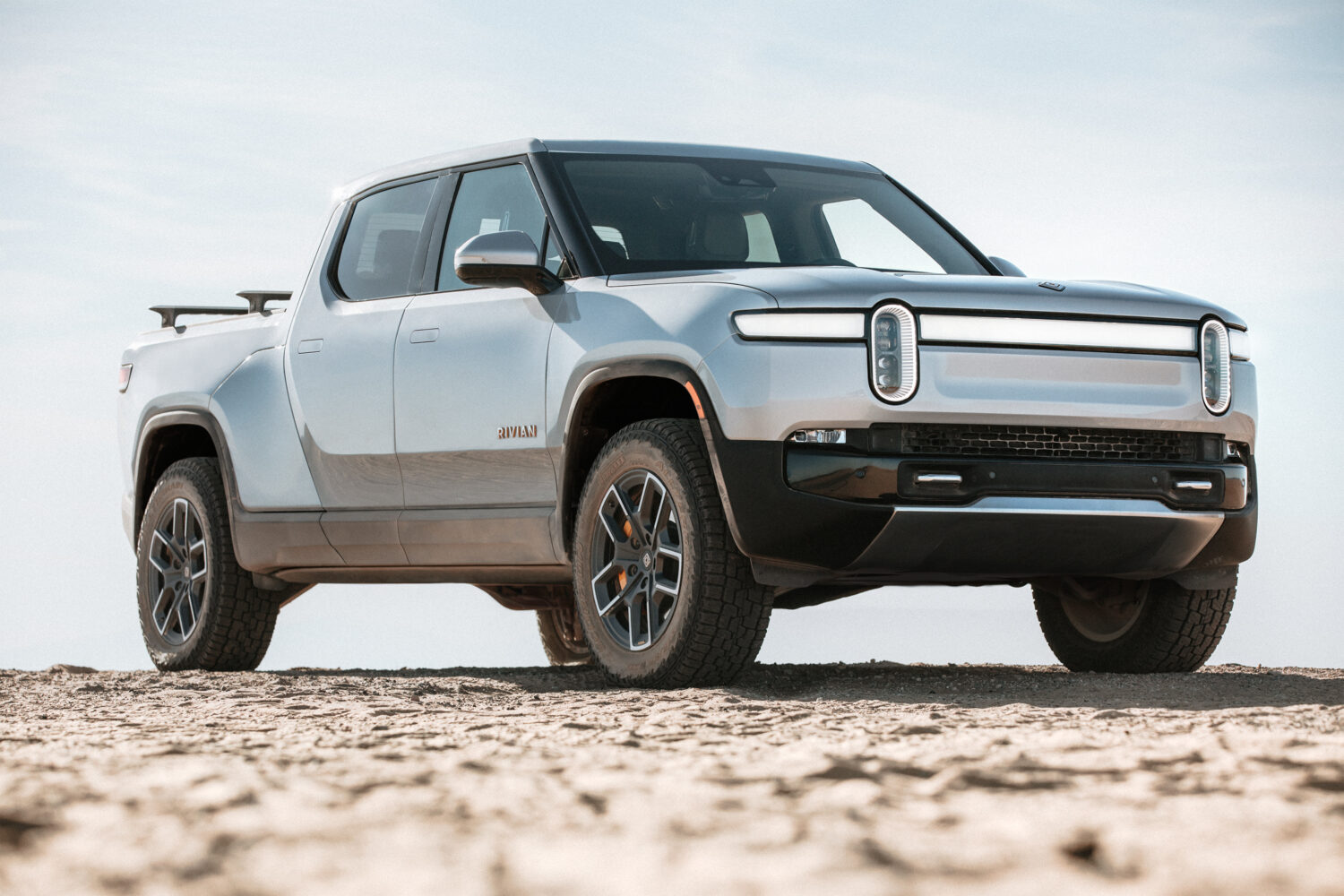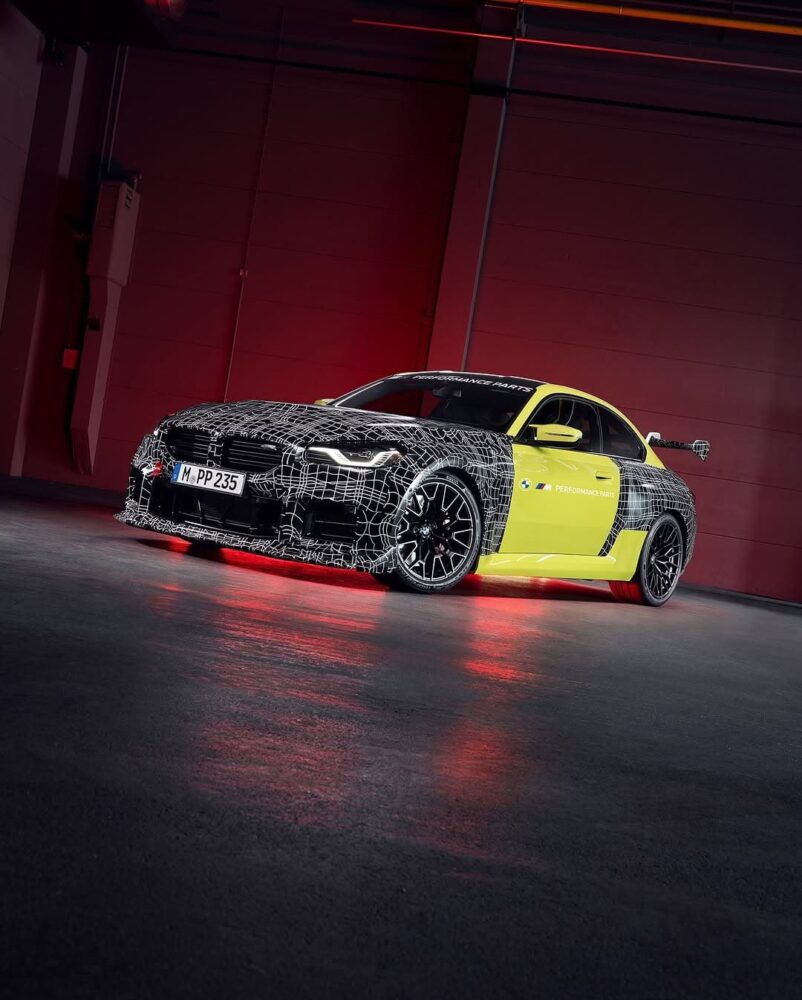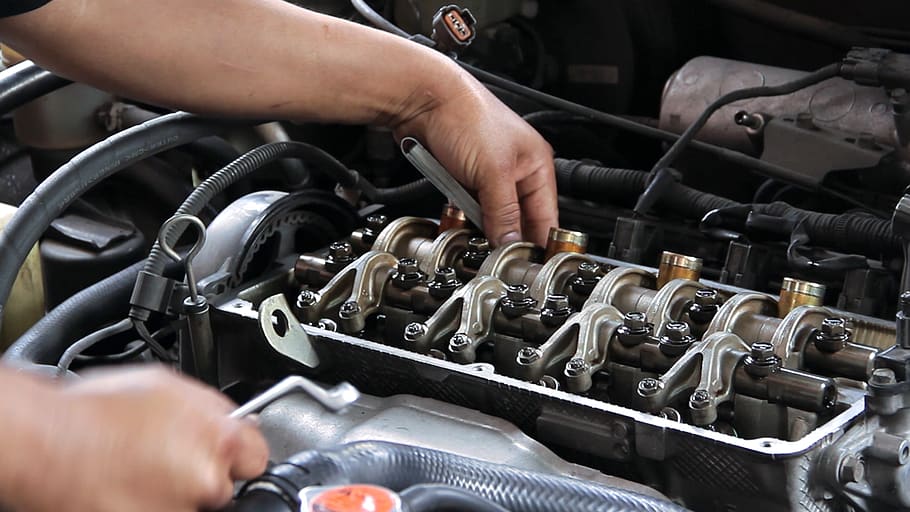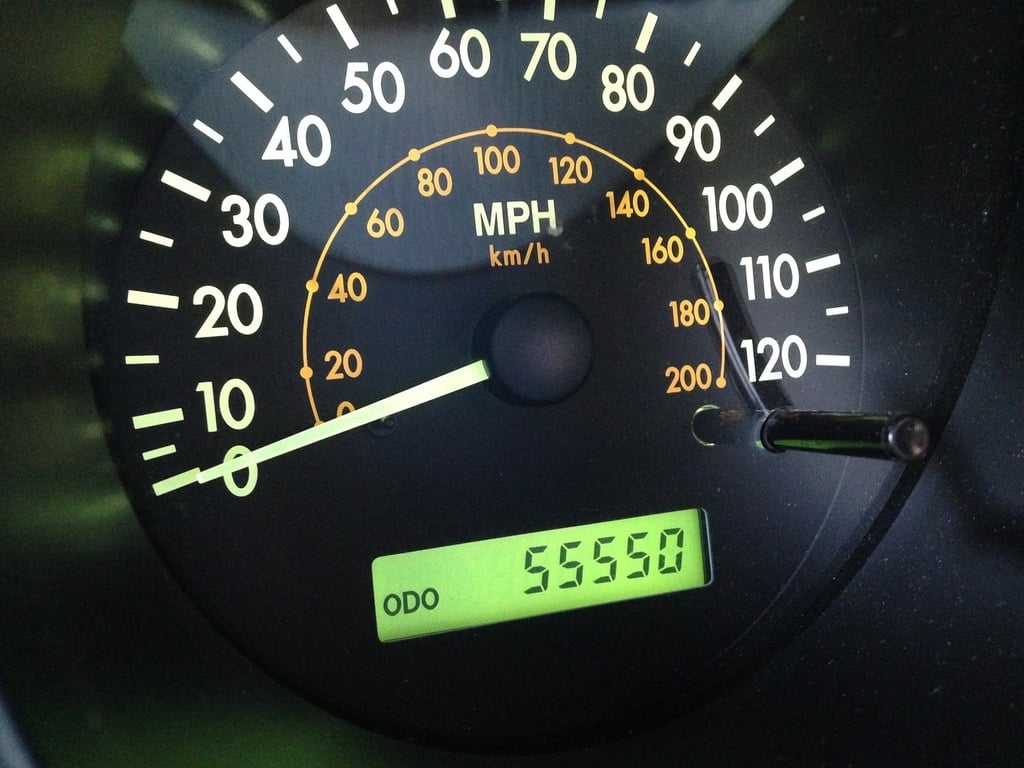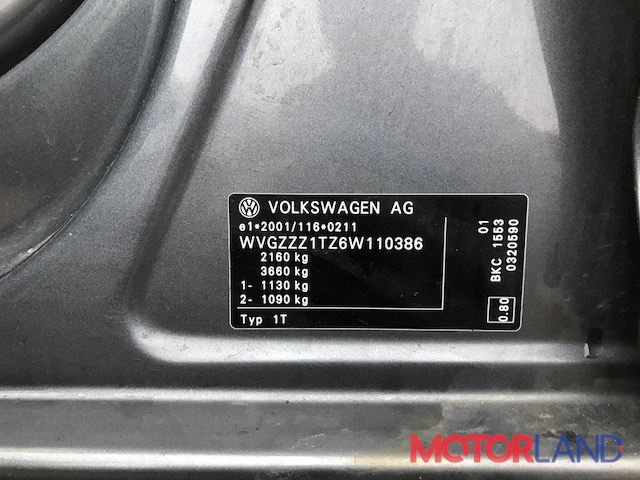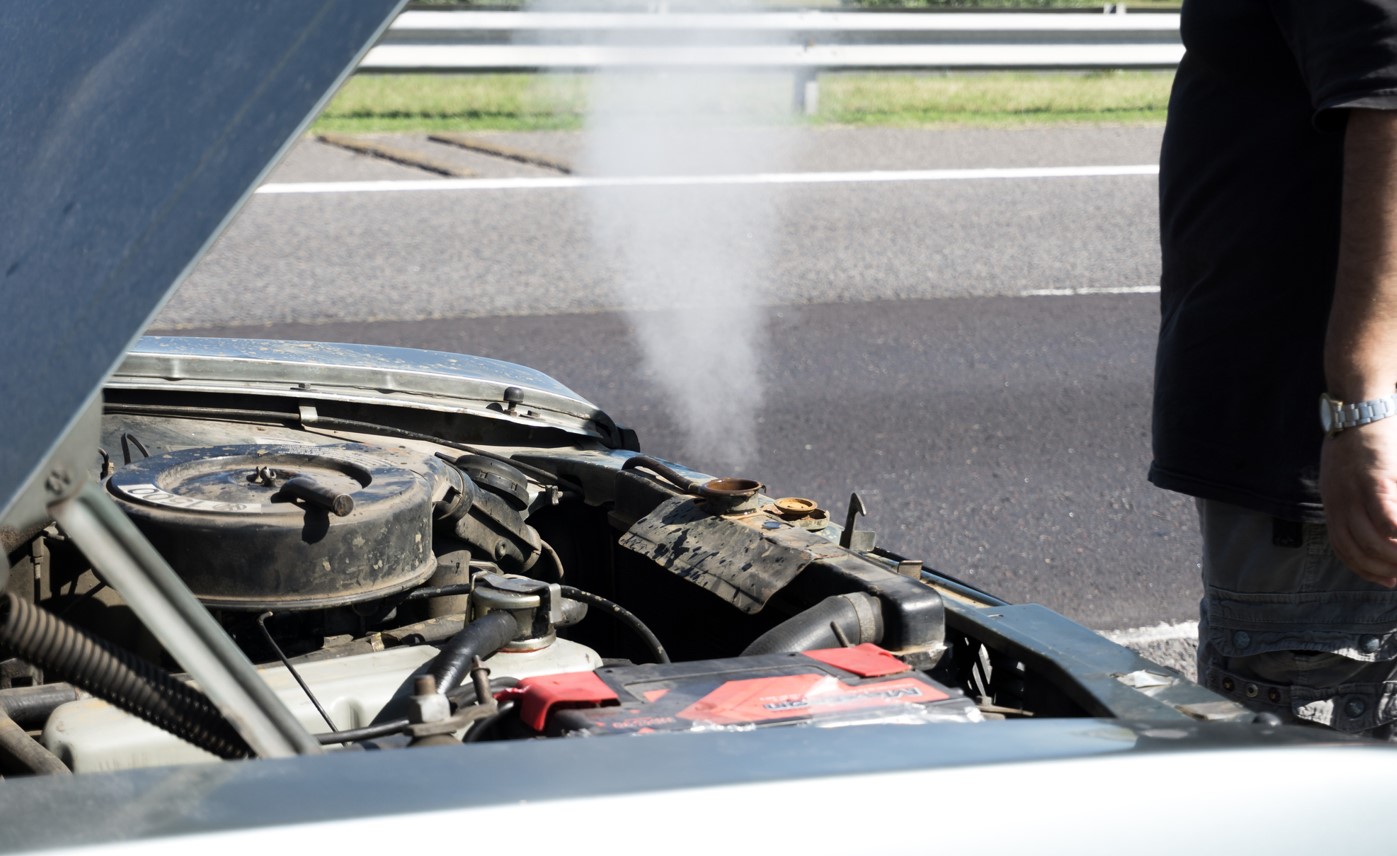Crushing tariffs have turned Audi’s Q5 into automotive roadkill. Your go-to luxury SUV just became a casualty of political theater, with three separate levies stacking up to a ridiculous 52.5% penalty that makes the vehicle financially toxic.
With the recent imposition of Trump’s auto tariffs, automakers like Audi are scrambling to adapt to rapidly shifting import policies. For a detailed look at the latest tariff schedules and how they impact vehicle imports, consult this comprehensive client update from GEODIS on Trump’s auto tariffs.
Made in Mexico but sold as premium German engineering, the Q5 represents everything Trump’s trade war targets. A 25% levy hits imported cars, another 25% punishes Mexican goods, plus a 2.5% USMCA non-compliance fee creates a perfect storm of bureaucratic punishment.
The Audi Q5 tariff crisis has made the luxury SUV essentially unsellable in the U.S., as import duties now exceed 50% of the vehicle’s value.
Dealers are burning through their two-month inventory of pre-tariff vehicles while thousands more sit in customs limbo longer than it takes TikTok to kill a trending sound. All vehicles entering after April 2 remain frozen at ports, waiting for someone to figure out the math on this mess.
Now, Audi is scrambling to build a $4.6 billion factory in the American South because that’s cheaper than paying Trump’s tariff tax.
“We are currently examining various scenarios,” an Audi spokesperson told Reuters, confirming the company plans to lock production locations before 2025 ends while targeting expanded U.S. market presence.
Facing mounting tariff costs, Audi’s U.S. factory plans have accelerated, with the automaker reportedly eyeing the southern United States for a new manufacturing facility.
Even Porsche might join this expensive manufacturing party, with both Volkswagen Group brands eyeing U.S. production for the first time. When luxury brands start frantically building American factories, you know the trade war has moved beyond political posturing into financial survival mode.
BMW and Mercedes already established major U.S. plants—they saw this freight train coming years ago and moved accordingly. Audi gambled on Mexican production, like Nissan, and lost spectacularly when politics trumped economics in the most predictable way possible.
Unlike Audi, both BMW and Mercedes have long-established major U.S. plants, a strategic move that has helped them weather previous trade disputes.
Whether it’s a standalone facility or sharing space with Scout’s South Carolina plant, Audi’s American manufacturing dreams just became a necessity. Buyers face stark math: the Q5 that starts around $52,000 today could approach $78,000 with full tariff impact, turning a competitive luxury SUV into an overpriced market outlier that makes zero sense for anyone’s driveway.


